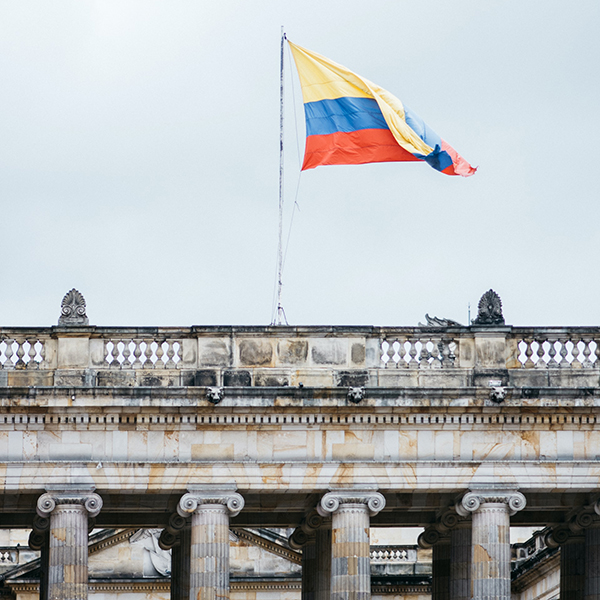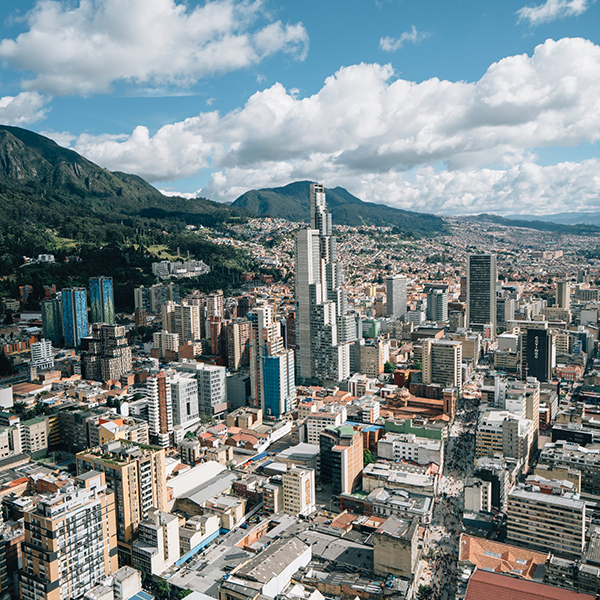Expectation rises with the announcement of the Venezuelan Government to reopen the border with Colombia

Venezuela closed the border in February 2019 arguing a political staged propaganda of the opposition bringing humanitarian aid into the country through the land border with Colombia. Venezuelan authorities at the time blocked the bridge connecting both countries with shipping containers reading "We want peace."
Trade between the two countries, which share a porous 2,219 km (1,379-mile) border, once amounted to some $7 billion per year before the border closed (Thomson Reuters).
Colombia's government, which does not recognize Maduro as Venezuela's legitimate president, closed the borders in March of 2020 due to the coronavirus pandemic. It reverted that measure in June 2021, a move that had not been matched by Venezuela until now.
Still, Colombia’s press distrusts the legitimacy of the announcement considering that border crossings are still closed and without any indication that things will change.
World Bank revises Colombia's growth stating that it will lead the region in 2022

"Recovering growth: rebuilding dynamic economies postcovid with budgetary restrictions", is the title of the biannual report for Latin America and the Caribbean published on Wednesday by the international organization.
The World Bank points out that Colombia's GDP would increase 7.7%, while Argentina's would grow 7.5%. Mexico would expand 5.7% and Brazil 5.3%.
Next year, Colombia will be the leader in Latin America, with a 4.2% increase in activity. Then would come Peru with 3.2%, followed by Mexico with 3% and Argentina with 2.6%, all above Chile, whose expansion would fall to 2.4%.
The half-yearly report warns that although the region is emerging from the crisis caused by the pandemic, "the recovery is slower than expected, and the effects it has left on the economy and society will take years to disappear".
The region as a whole is expected to grow by only 6.3% this year, virtually recovering from the 6.7% decline in 2020. The analysis laments that given the "vigorous recoveries" of major trading partners, low global interest rates and the prospect of another commodity super-cycle, growth rates could have been expected to be 1.5 percentage points higher.
Moody's raised Colombia’s outlook to stable

The stable outlook assumes that the next government will maintain prudent macroeconomic policies, including the implementation of the fiscal consolidation program established in the latest tax reform.
Moody's Investor Service assured that the decision reflects the expectation that the fiscal measures that were approved and that the post-pandemic economic recovery will support the stabilization of the debt. Moody's expectation is that economic growth will remain robust in the coming years.
The firm also highlighted the current administration's ability to reach consensus and promote policies that foster economic growth and support fiscal metrics. Among them, mention was made of the recently sanctioned Social Investment Law, which seeks to achieve a collection of $15.2 trillion, which is expected to help improve public debt and fiscal deficit metrics.
In addition, contrary to the decisions of Fitch Ratings and Standard & Poor's, yesterday Moody's Investor Service reaffirmed the long-term local and foreign currency issuer and senior unsecured debt ratings of the Colombian Government at Baa2, thus maintaining the country's investment grade with this firm.